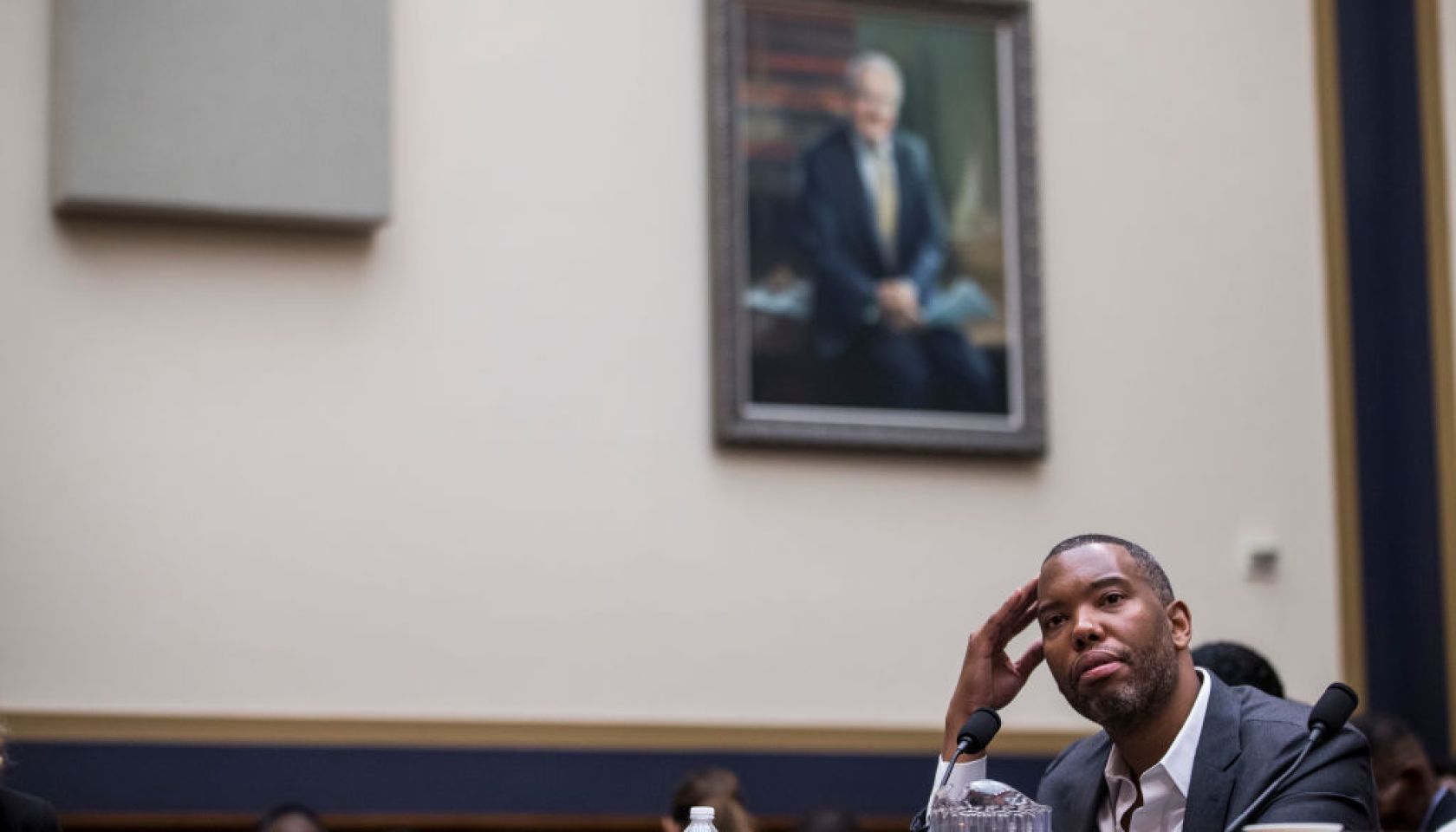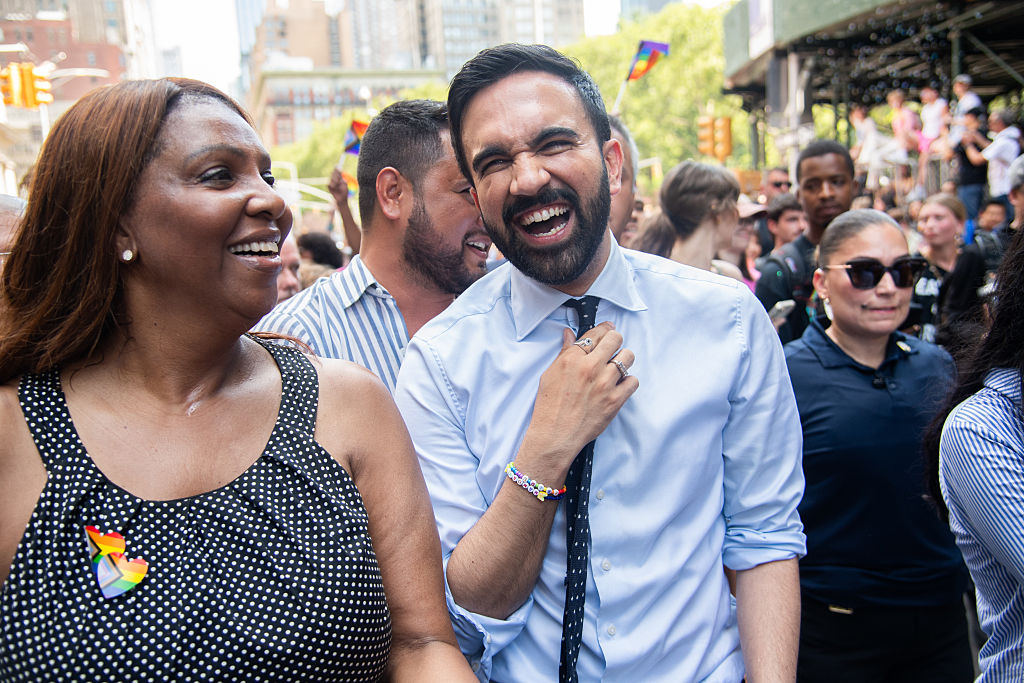Curtis Flowers: Clarence Thomas Is Angry SCOTUS Overturns Murder Case
Clarence Thomas Isn’t Happy Supreme Court Overturned Black Man’s Murder Conviction
The Supreme Court on Friday overturned the murder conviction of a Black man on the grounds that a Mississippi district attorney intentionally kept Black jurors off the case. And while the 7-2 decision led by Justice Brett Kavanaugh seemed pretty decisive, Justice Clarence Thomas, the court’s lone Black judge, made sure it was known that he vehemently disagreed with the ruling surrounding Curtis Flowers‘ case.
“[T]he high court sided with Curtis’ lawyers, who argued that District Attorney Doug Evans, who is white, excluded potential black jurors on the basis of race in the 2010 trial,” the Huff Post reported. “The defense attorneys said the Mississippi Supreme Court failed to properly apply U.S. Supreme Court precedent in determining whether people were unconstitutionally kept off a jury on the basis of race.”
But Thomas said he “respectfully” dissented with the ruling, emphasizing in his written response that Mississippi “is perfectly free to convict Curtis Flowers again.” He said that option was the case’s lone “redeeming quality” and expressed more sympathy for the “four victims’ families” than he did for an American citizen who the Supreme Court said didn’t receive his constitutional right to a fair trial that is protected under the Sixth Amendment.
Thomas also rejected the notion that “racism” was involved in the original case.
The scene on Friday came three months to the day after Thomas spoke during oral arguments (only his second time ever since joining the bench in 1991) about Flowers’ case, which includes him being tried six times for the 1996 murders of four people inside a furniture store. Flowers was convicted in 2010.
Back during those oral arguments, Thomas asked Flowers’ attorney whether the defense struck any potential jurors at the trials. That was followed by his request that she identify the race of those people. Flowers confirmed that the defense team had struck white people from sitting on the jury.
“When Justice Thomas spoke near the end of the argument, it jolted the courtroom. His three questions suggested that both sides rely on racial stereotypes in picking jurors,” the New York Times noted at the time.
One of Flowers’ attorneys said she hoped this ended her client’s legal ordeals.
“That Mr. Flowers has already endured six trials and more than two decades on death row is a travesty,” Sheri Lynn Johnson, a professor at Cornell Law School, said in a brief statement after the conviction was overturned. “A seventh trial would be unprecedented, and completely unwarranted given both the flimsiness of the evidence against him and the long trail of misconduct that has kept him wrongfully incarcerated all these years. We hope that the State of Mississippi will finally disavow Doug Evans’ misconduct, decline to pursue yet another trial, and set Mr. Flowers free.”
Racial bias in the jury selection process is an ongoing problem that the U.S. Supreme Court banned but which nevertheless continues. In April 2018, the Washington Supreme Court became the first court in the nation to adopt a specific rule banning implicit and intentional racial bias in jury selection, according to the American Civil Liberties Union.
n Flowers’ case, four juries that returned guilty verdicts were either all-white or had few Black jurors. Two trials with more Black people on the jury ended in mistrials. Flowers was first found guilty in 1997 and was sentenced to die. Three years later, the Mississippi Supreme Court threw out the conviction. Judges in two other instances found that the prosecutor rejected potential Black jurors because of their race.
During his time on the high court’s bench, Thomas has consistently sided with the Supreme Court’s conservative justices on issues that impact Black lives.
SEE ALSO:
Hannah Payne’s Grand Jury Returns More Indictments Against Accused Vigilante Murderer
Ben Carson’s Latest Hire At HUD Is A Former Blogger Who Used The N-Word
















